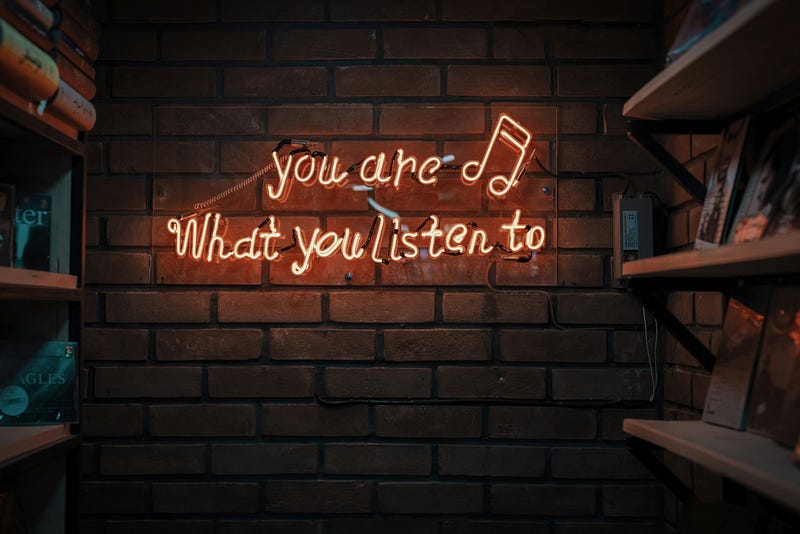
Sometimes, when and where you encounter a song forever colors how it’s heard moving forward. The same is true of those artists we hear for the first time under the right circumstances, or beside the right friends.
The best music is transcendent. And part of music’s beauty is that where that magic lies is in the ears of …
Keep reading with a 7-day free trial
Subscribe to The Gen Z Report to keep reading this post and get 7 days of free access to the full post archives.

